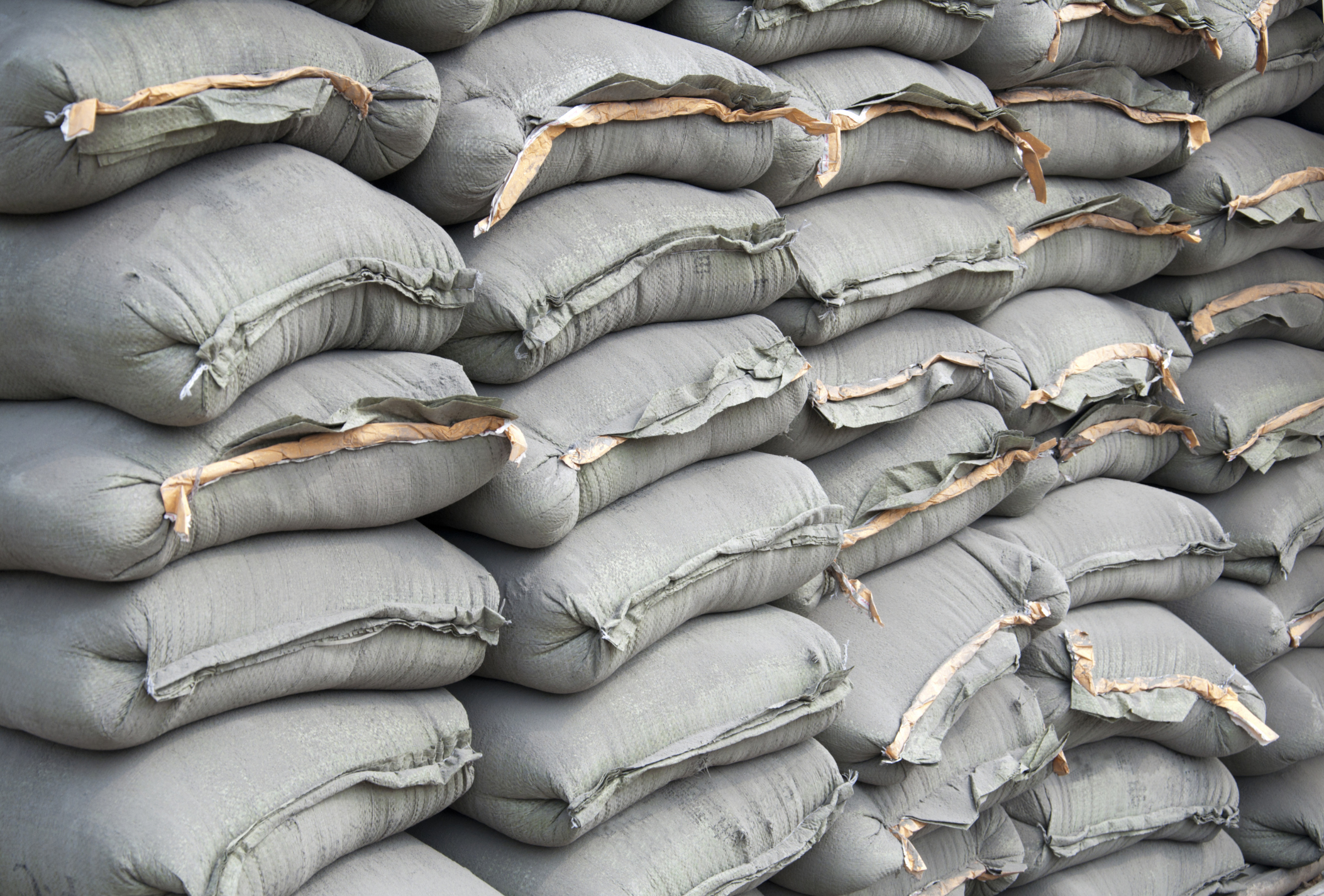According to a recent Cardinal Stone research, cement costs will remain high in 2024, despite a price cut from BUA cement in October.
The research titled “Nigeria Cement Rebounding from a Tumultuous Year” stated that the year 2023 was difficult for the country’s cement sector due to a poorly executed naira redesign that resulted in cash scarcity, currency depreciation in June, and severe rainfalls during the third quarter.
However, it forecasts a rebound in the sector’s performance in 2024 based on an enhanced infrastructure budget of N1.32 trillion for 2024, the Presidency’s formation of the Infrastructure Support Fund (ISF), active implementation of the (AfCTA), improved manufacturing capacity, and so on.
For pricing, the report noted that cement prices will continue to remain high in 2024 due to producers seeking to offset operational costs, volatility in the forex market, and high inflation.
It further noted that the possibility of a price war between players in reaction to BUA’s price reduction in October 2023 is slim but not impossible.
It stated, “Barring a potential price war between players in response to BUACEMENT’s ex-factory price slash, we maintain that average cement prices would remain elevated in Q4’23E and FY’24E as players aim to protect their margins from rising operating costs occasioned by still-high inflationary pressures and strong volatility in the foreign exchange”
Furthermore, the report also explained that increased adoption of natural gas in production kilns and distribution vehicles will significantly reduce operational costs for cement producers. This coupled with projected declines in natural gas prices globally will result in ease in cost pressures on cement producers and distributors.
It states, “We expect to see some of the current distribution cost pressure ease as players increase the adoption of the relatively cheaper natural gas to AGO, especially for distribution”











